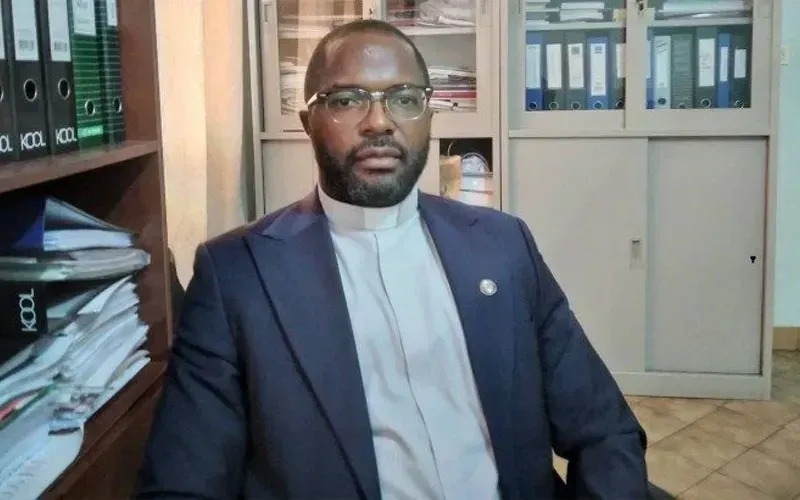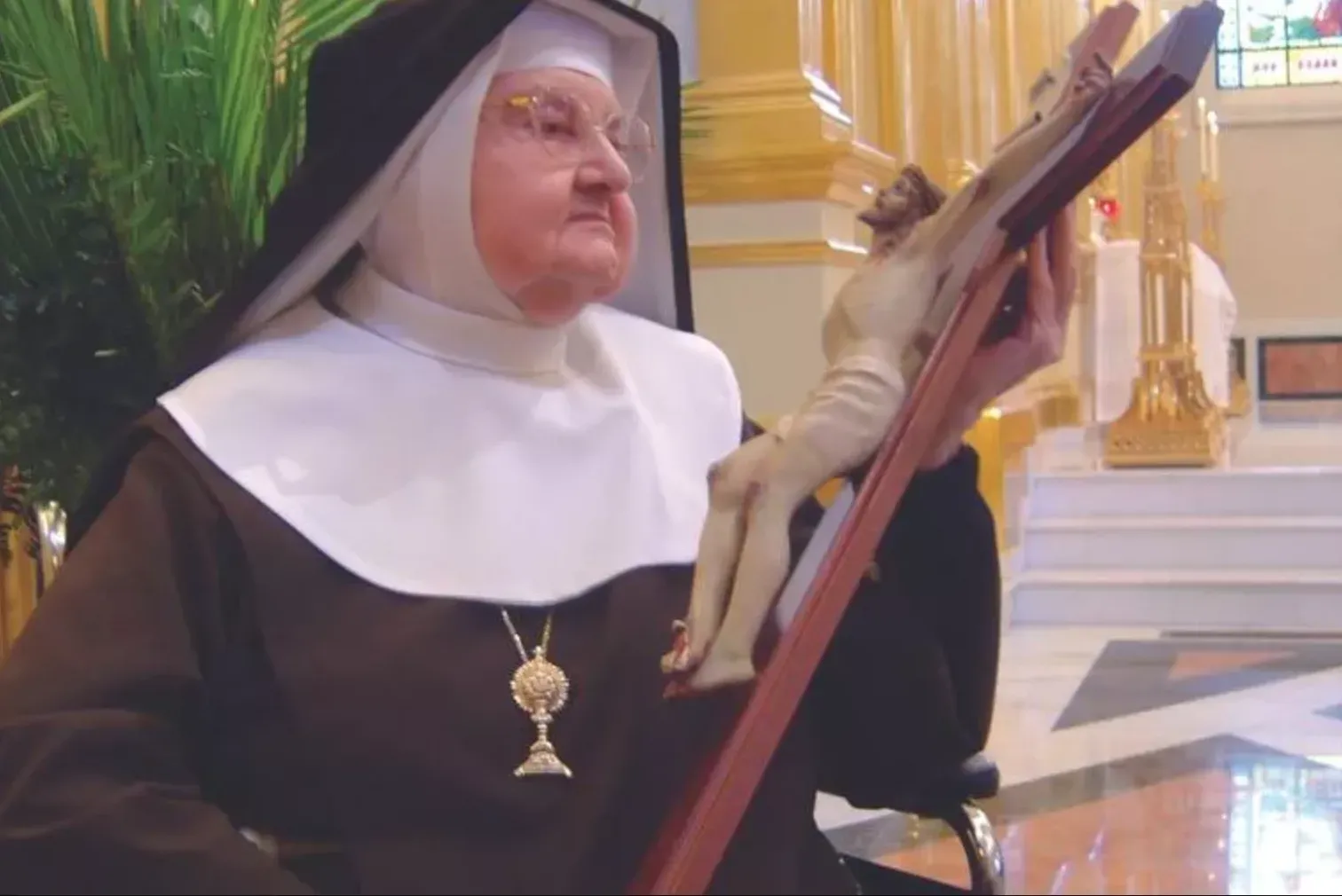Luanda, 18 February, 2024 / 9:45 pm (ACI Africa).
The democratic space in the Southern African nation of Angola is “gradually” shrinking, the Executive Secretary of the Catholic Commission for Justice and Peace (CCJP) of the Catholic Bishops’ Conference of Angola and São Tomé (CEAST) has said.
In an interview with ACI Africa, Fr. Celestino Epalanga emphasized the need for Angola to provide the opportunity for all citizens to feel at home, with “the chance to realize their ideals, to make their dreams come true.”
“Angola is losing its physical space with each passing day and repressive methods are reappearing. What is supposed to be the democratic rule of law is gradually disappearing from the horizon,” Fr. Epalanga told ACI Africa during the February 16 interview.
The Angolan member of the Society of Jesus (SJ/Jesuits) said he finds it regrettable that “we are increasingly moving towards an authoritarian state.”
“In fact, the Angolan state is defined by many national and international organizations as an authoritarian state,” he further said, and continued, “No one has an interest in Angola returning to the time of the single party, the time when we were living in a dictatorship.”








